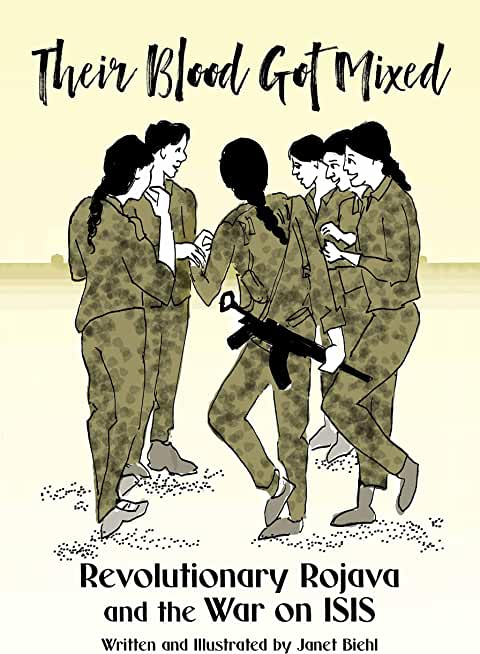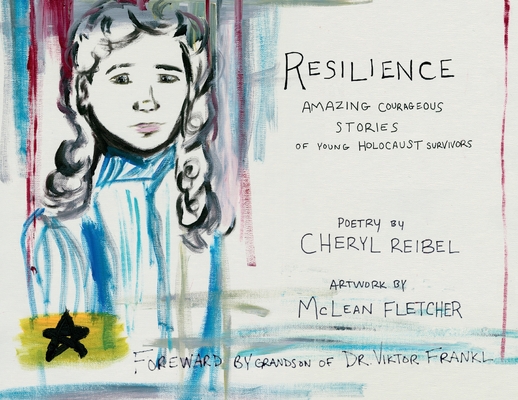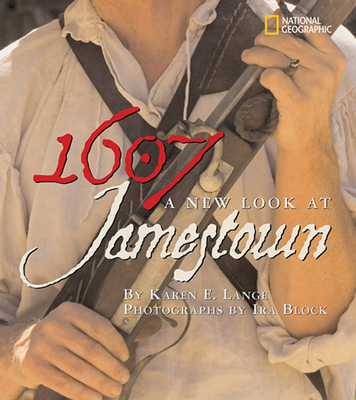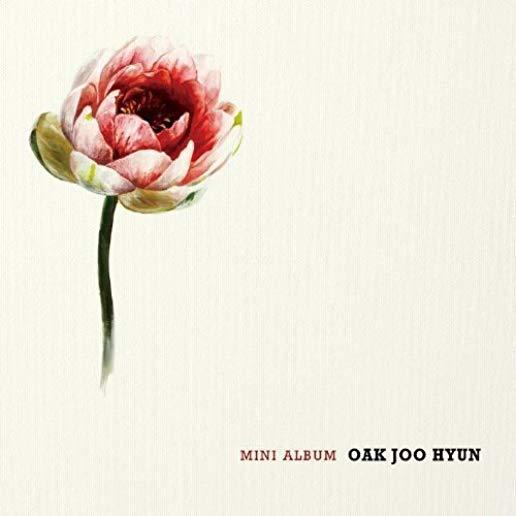
To implement these goals, Rojava wanted to live in peace with its neighbors. Instead, it soon faced invasion by ISIS, a force that was in every way its opposite. ISIS attacked its neighbors in Iraq and Syria, imposing theocratic, tyrannical, femicidal rule on them. Those who might have resisted fled in terror. But when ISIS attacked the mostly Kurdish city of Kobane and overran much of it, the YPG and YPJ, or people's militias, declined to flee. Instead they resisted, and several countries, seeing their valiant resistance, formed an international coalition to assist them militarily. While the YPG and YPJ fought on the ground, the coalition coordinated airstrikes with them. They liberated village after village and in March 2019 captured ISIS's last territory in Syria.
Around that time, two UK-based filmmakers invited the author to spend a month in Rojava making a film. She accepted, and arrived to explore the society and interview people. During that month, she explored how the revolution had progressed and especially the effects of the war on the society. She found that the war had reinforced social solidarity and welded together the multiethnic, gender-liberated society. As one man in Kobane told her, "Our blood got mixed."







